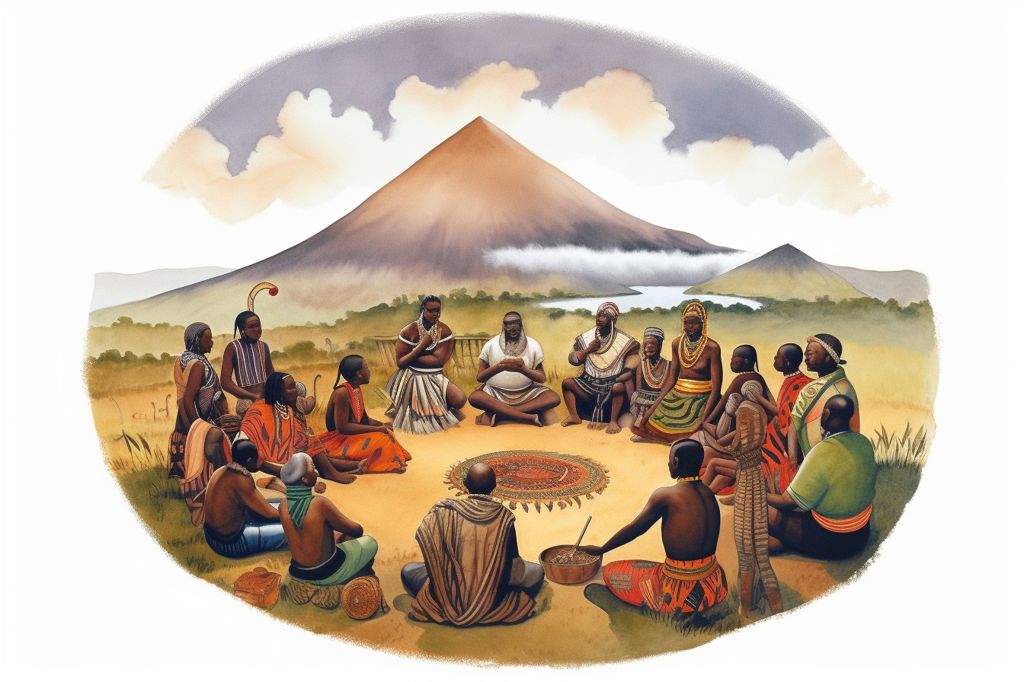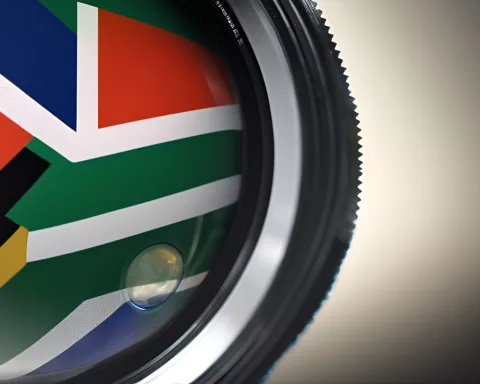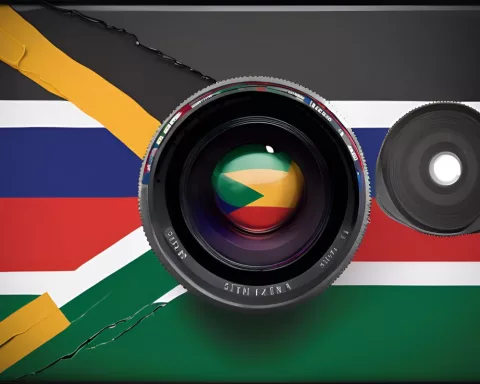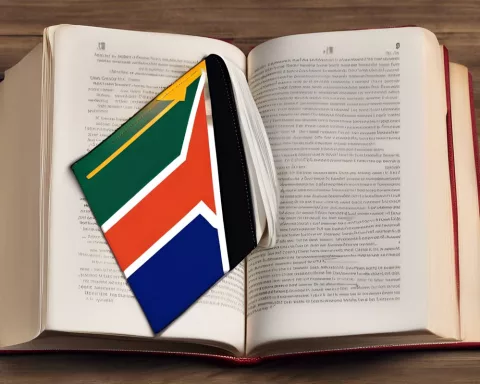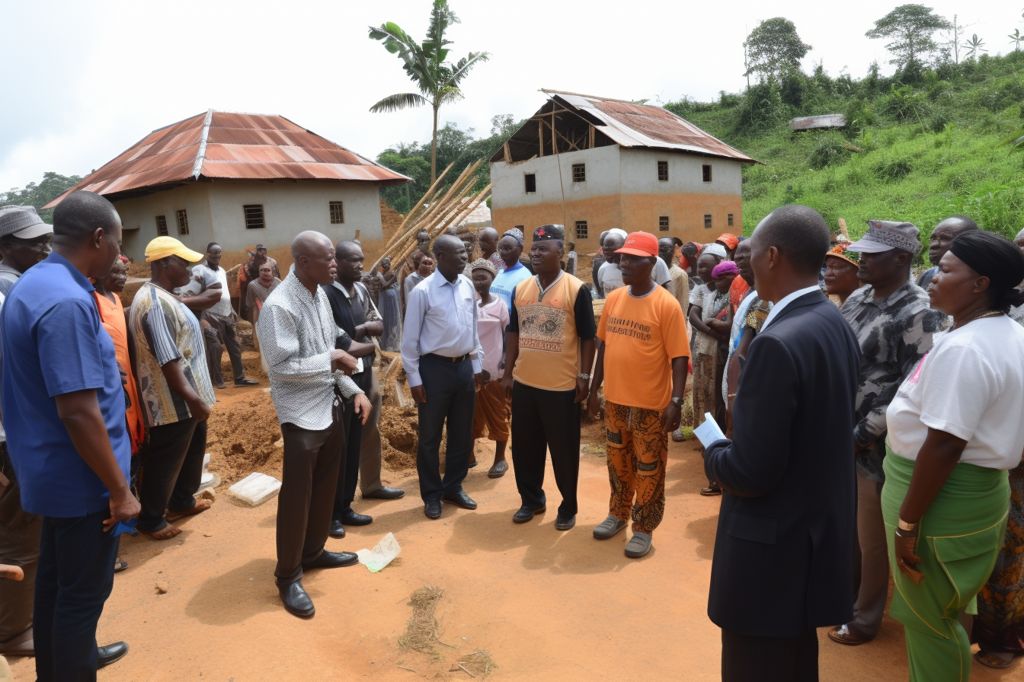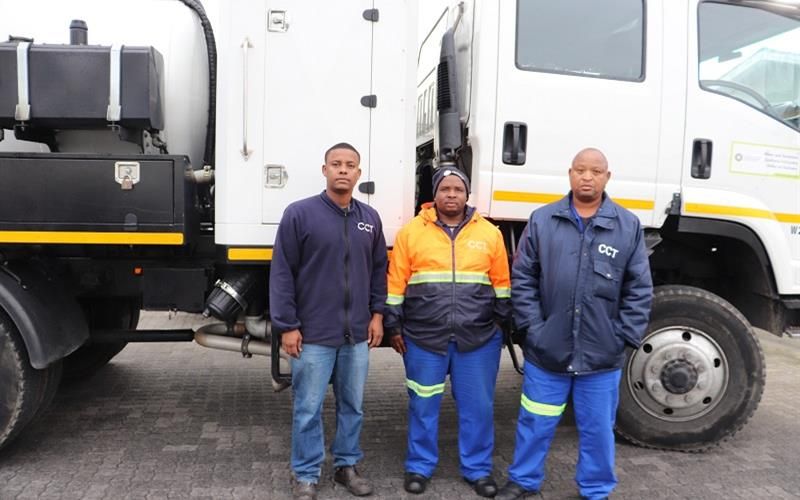The South African government is dedicated to maintaining an active engagement with its citizens, and the Presidential Imbizo is an excellent example of this commitment. Scheduled for June 9th, 2023, this year’s Imbizo will take place in the Alfred Duma Local Municipality, located in the uThukela District Municipality of KwaZulu-Natal Province.
Media Accreditation
To ensure transparency and clear communication, the Government Communication and Information System (GCIS) has invited media members to apply for accreditation to cover the prestigious event. Media coverage will keep the public informed and involved.
Outreach Activities
Prior to the Presidential Imbizo, government officials, including Ministers, MECs, and Mayors, will engage in a series of outreach activities throughout the uThukela District Municipality and across KwaZulu-Natal Province. These activities will encourage collaboration and discussion, allowing community members to engage with government representatives. Media advisories will be issued for each activity to provide comprehensive coverage.
Media Accreditation Application
Journalists interested in covering the Imbizo must complete a registration form and submit it to Takalani Mukwevho or Menzi Ntaka using the provided email addresses. The deadline for submission is 16:00 on Monday, June 5th, 2023.
Cultural Significance
The Presidential Imbizo is deeply rooted in South African culture and history. The word imbizo comes from the Zulu language, meaning “a gathering for a purpose.” In the past, communities used imbizo to discuss a range of issues, from social to political matters.
Empowering Citizens
The Presidential Imbizo offers South African citizens the opportunity to gain insight into governmental processes and decisions and actively participate in shaping the country’s future. By facilitating transparent communication and collaboration, the government is empowering its citizens and reaffirming the democratic principles upon which the nation was founded.
The Presidential Imbizo in KwaZulu-Natal is a significant step towards strengthening the relationship between the South African government and its citizens. Through initiatives like this, the government continues to demonstrate its commitment to fostering open dialogue and addressing the concerns of its citizens to create a brighter future for the nation.

